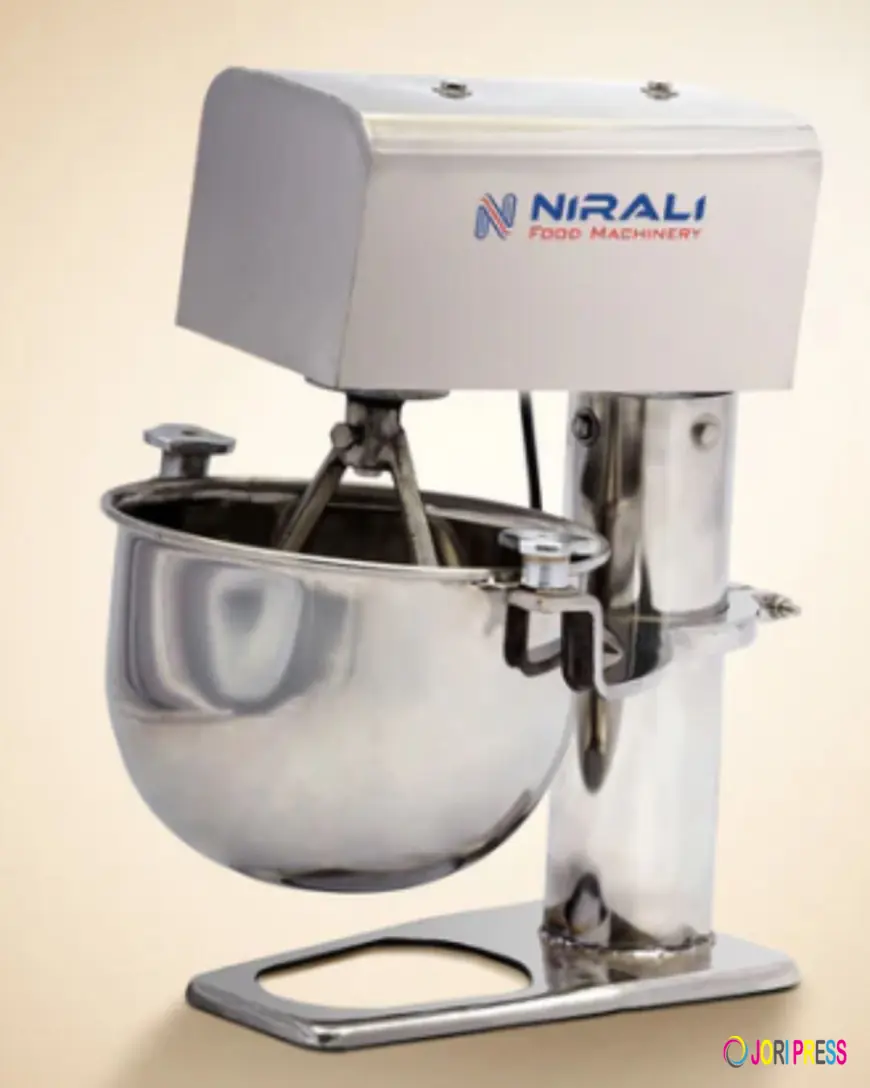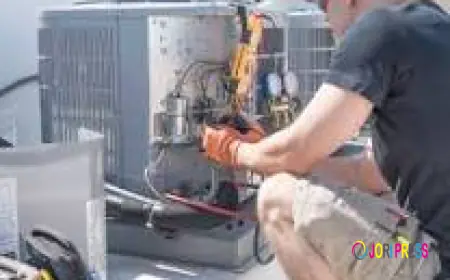Running a commercial kitchen means dealing with pressure, deadlines, and the constant need for consistency. Whether it’s a restaurant preparing fresh rotis for lunch service, a bakery making dough for bread or buns, or a cloud kitchen scaling batch production—speed and uniformity are everything. That’s exactly where a dough kneading machine becomes a game-changing addition. It doesn’t just save time; it improves quality, reduces labor costs, and brings much-needed efficiency to heavy-volume operations.
If you're wondering why so many commercial kitchens are upgrading to dough kneading machines, here’s a detailed breakdown of their biggest benefits and how they transform everyday kitchen workflows.
1. Saves Massive Time in High-Volume Kitchens
In commercial kitchens, every minute counts. Hand kneading large batches of dough is slow, inconsistent, and physically exhausting.
How a Dough Kneading Machine Saves Time:
- Kneads 5x faster than manual kneading
- Handles multiple kilos of dough in a single batch
- Works continuously without breaks
- Allows staff to multitask while the machine runs
The result? Faster preparation, less waiting time, and quicker service—perfect for restaurants with back-to-back orders.
2. Ensures Consistent Dough Quality Every Time
Uniform dough is the base of perfect rotis, pizzas, breads, naans, samosas, buns, and bakery items. Manual kneading often leads to variations due to different staff techniques.
Benefits of Consistency:
- Same texture and elasticity in every batch
- Predictable cooking results
- Better fermentation and rising (for breads/pizzas)
- Improved taste and customer satisfaction
A dough kneading machine eliminates guesswork. It mixes at controlled speeds and timings to give identical results daily.
3. Reduces Labor Costs & Physical Effort
Kneading dough manually is one of the most labor-intensive tasks in a commercial kitchen. It requires strength, time, and skill—making it difficult to sustain during peak hours.
Labor Advantages:
- Reduces manual effort significantly
- Less dependency on skilled staff
- Minimizes fatigue and kitchen strain
- Helps maintain speed even with limited manpower
- Avoids repetitive stress injuries for workers
For businesses with high-dollar demand, this is one of the biggest financial advantages.
4. Improves Hygiene and Food Safety
Commercial kitchens must follow strict hygiene standards. When dough is prepared manually, chances of contamination increase.
How Machines Improve Hygiene:
- Stainless steel bowls and hooks ensure food safety.
- Fewer hands touching the dough.
- Easy-to-clean surfaces reduce contamination.
- Controlled mixing prevents foreign particles from entering.
- Meets commercial hygiene regulations
Cleaner processes lead to better-quality food and fewer compliance issues.
5. Handles Large Batches Without Compromising Quality
For large-scale kitchens, bakeries, and catering businesses, batch size matters. One of the strongest advantages of a dough kneading machine is its ability to handle large quantities while maintaining uniform quality.
Capacity Benefits:
- Suitable for 5–50+ kg dough batches
- Zero strain on machine or the staff
- Perfect for bakery production lines
- Ideal for restaurants serving hundreds of rotis daily
- Supports cloud kitchens with continuous output
More dough in less time means smoother operations and higher productivity.
6. Multi-Functional Use in Commercial Kitchens
Modern dough kneading machines are not limited to just chapati or bread dough. Many come with multifunctional attachments to replace multiple appliances.
They Can Help With:
- Mixing bread dough
- Preparing pizza dough
- Blending cake batter
- Whipping cream
- Mixing sauces or fillings
- Cutting and blending ingredients
This multi-utility makes them valuable in bakeries, dessert shops, cafés, and restaurant chains.
7. Enhances Speed During Peak Hours
Peak hours in commercial kitchens are chaotic: lunch rush, dinner service, special events, festive demand—everything hits at once.
A dough kneader ensures:
- Zero delays in dough preparation
- Faster cooking-to-serving cycle
- No need for staff to rush or overwork
- Stable production even under pressure
This stability directly impacts customer satisfaction and order handling capacity.
8. Improves Texture for Professional-Grade Results
Professional baking and cooking require exact dough texture. The kneading process influences gluten development, softness, elasticity, and puffing.
Machine Kneading Results in:
- Better gluten formation
- Smooth and soft dough
- Airy bread dough for better rising
- Perfect elasticity for pizza bases
- Evenly mixed ingredients
This guarantees restaurant-quality results every single time.
9. Increases Output Without Compromising Quality
With manual kneading, doubling the quantity can compromise texture and mixing. A machine handles increased output effortlessly, making it ideal for scaling.
Output Benefits:
- Faster production for bulk orders
- Supports growing business demand
- Ideal for catering, commissary kitchens, and bakeries
- Helps maintain quality consistency during high volume
It’s a long-term investment that pays back as your operations expand.
10. Easy to Clean and Maintain
Commercial kitchens need appliances that don’t take hours to clean.
Convenient Cleaning Features:
- Detachable stainless-steel bowls
- Removable dough hooks
- Smooth body surface for quick wiping
- Food-grade materials preventing residue buildup
Fast cleaning saves time and maintains hygiene effortlessly.
11. Reduces Human Error and Improves Accuracy
Staff may change, but machine settings remain consistent.
Accuracy Advantages:
- Precise kneading time
- Controlled speed
- Perfect mix every time
- Reduced chances of over-kneading or under-kneading
This is essential for restaurants and bakeries aiming for standardization.
12. Long-Term Durability for Heavy Commercial Use
Commercial dough kneading machines are built to handle intense usage.
Durability Benefits:
- Heavy-duty motors designed for continuous operation
- Strong metal body and bowl
- Heat-resistant components
- Stable, vibration-free design
This makes them a reliable long-term investment for any commercial kitchen.
Final Thoughts
A dough kneading machine is no longer a luxury for commercial kitchens—it’s a necessity. With high-speed performance, consistency, hygiene, and the ability to handle large batches, it improves both productivity and quality in busy food environments. From bakeries and pizzerias to restaurants, hotels, and cloud kitchens, its benefits are undeniable.
By reducing labor, saving time, and delivering perfect dough every time, a dough kneading machine becomes one of the most valuable assets a commercial kitchen can own.

 Like
0
Like
0
 Dislike
0
Dislike
0
 Love
0
Love
0
 Funny
0
Funny
0
 Angry
0
Angry
0
 Sad
0
Sad
0
 Wow
0
Wow
0
















































